From Molecules to Organisms: Structures and Processes
-
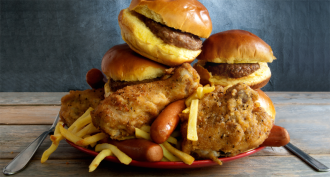 Health & Medicine
Health & MedicineJust viewing super-size meals can promote overeating
Large portions of food dampen activity in a brain area involved in self-control, a new study shows.
-
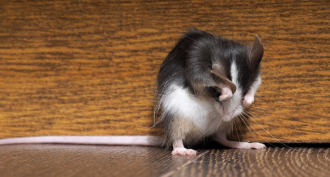 Brain
BrainAmong mice, scratching is catching — as in contagious
Contagious itching spreads by sight, mouse-to-mouse. Scientists have now identified brain structures behind this phenomenon.
By Susan Milius -
 Tech
TechCool Jobs: Doing real science in virtual worlds
Virtual reality isn’t just for gamers. Scientists are using VR technology to tackle real-world problems.
-
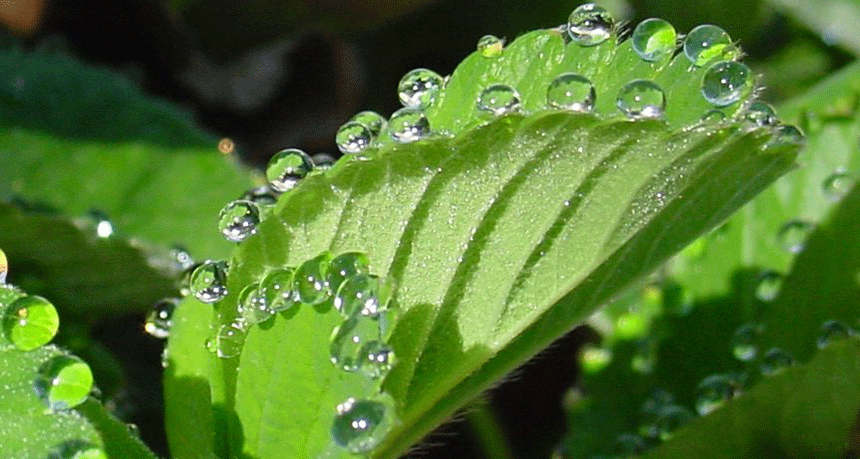 Plants
PlantsScientists Say: Guttation
When water vapor can’t escape a plant, it might force its way out through a process called guttation.
-
 Life
LifeCities drive animals and plants to evolve
Biologists are finding that some species have used genetic changes to evolve — adapt — to the pollution and other stressors that they encounter in cities.
-
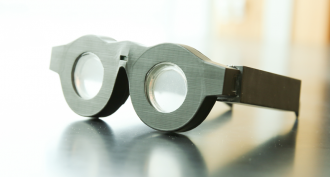 Tech
TechAuto-focus eyeglasses rely on liquid lenses
Engineers have designed what could be the last eyeglasses anyone would need. Right now, they’re bulky but smart. Liquid lenses are key to their adjustability — and those lenses focus automatically.
-
 Brain
BrainAnxious about math? Your brain may tackle simple problems differently
A study found more variable brain activity in people who get nervous about math problems than those who do not.
-
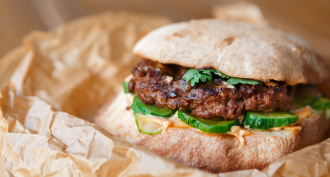 Environment
EnvironmentDid your burger come with a side of non-degrading pollutants?
Perfluorinated compounds pollute the environment and might harm human health. A new study shows that one place they often show up is the paper and cardboard used to package fast foods.
-
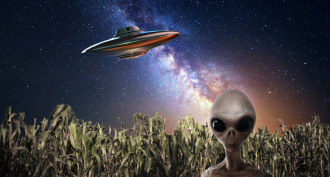 Science & Society
Science & SocietyWill we know alien life when we see it?
The hunt is on for extraterrestrials. But recognizing them may require some wiggle room in what we define as being alive.
-
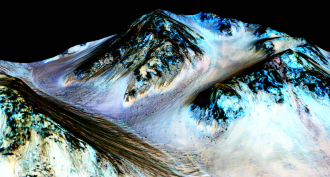 Earth
EarthKeeping space missions from infecting Earth and other worlds
Scientists are always looking for ways to stop Earthly microbes from polluting other planets. The same goes for bringing bits of other planets back to Earth.
-
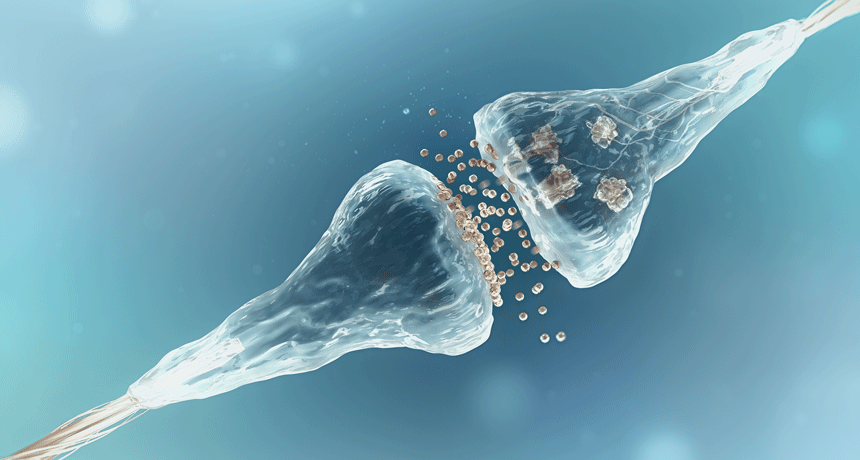 Brain
BrainScientists Say: Synapse
When brain cells need to pass messages, they do it without touching, across a space called a synapse.
-
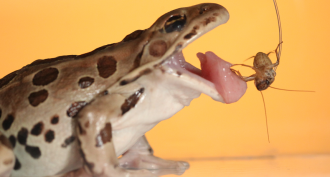 Animals
AnimalsFrog’s gift of grab comes from saliva and squishy tissue
What puts the grip in a frog’s high-speed strike? Quick-change saliva and a super-soft tongue, scientists find.
By Susan Milius